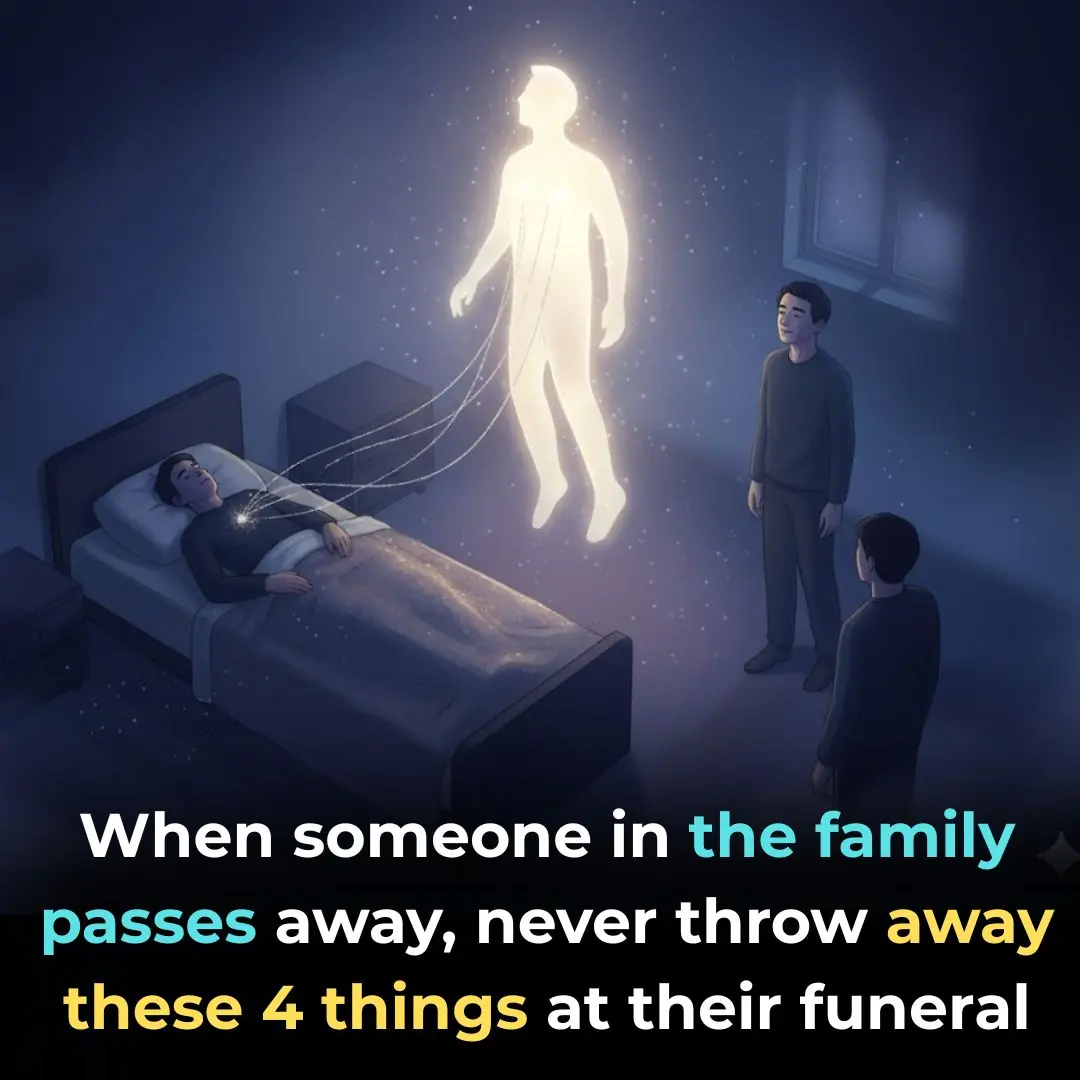
Steps to Take When Your Adult Children No Longer Show Respect
After years — often decades — of raising children, making sacrifices, and pouring your heart into their happiness, most parents hope for something simple in return: mutual respect, gratitude, and a loving connection that lasts into adulthood.
But what happens when that bond begins to fade? When your messages go unanswered, your advice is brushed aside, and your presence seems to go unnoticed — as though you’ve become invisible in the very lives you helped build?
This painful shift is far more common than people admit. Many parents silently carry heartbreak over adult children who seem indifferent or unkind. Yet as lonely as it feels, this situation is not hopeless. You still have the power to restore your dignity, protect your well-being, and find peace — no matter how your children behave.
Here are practical, compassionate steps to help you navigate this emotional terrain with strength and self-respect.
1. Recognize and Validate Your Emotions
It’s okay to admit that you’re hurting. Feeling forgotten, disrespected, or dismissed by your own children can cut deeply — often more than words can express.
Don’t minimize or rationalize the pain. Suppressing emotions doesn’t make them go away; it only delays healing.
By acknowledging your feelings without guilt, you open the door to emotional clarity. Naming what you feel — sadness, anger, disappointment, or grief — is the first step toward regaining balance and power.
💬 “You can’t heal what you don’t allow yourself to feel.”
2. Set Clear and Respectful Boundaries
Regardless of how old your children are, you still deserve respect.
If your adult child speaks harshly, dismisses your opinions, or manipulates your emotions, it’s important to draw a clear line — calmly but firmly. Boundaries are not about control or punishment; they’re about self-protection and mutual respect.
You can say, “I love you, but I won’t continue this conversation if it turns hurtful.” Setting these limits teaches others how to treat you — and reinforces that kindness is not optional.
3. Stop Chasing Validation
If you’re always the one calling, texting, or trying to reconnect, it may be time to pause. Love should be mutual, not one-sided.
Pulling back doesn’t mean you don’t care — it means you’re allowing space for self-respect. Sometimes, silence and distance speak louder than any message could.
💭 Quiet dignity often communicates more than repeated effort that goes unacknowledged.
When you stop chasing, you shift the balance — and sometimes, your absence becomes the wake-up call your children didn’t know they needed.
4. Live Your Life Fully and Independently
Your worth does not depend on your children’s attention.
Reclaim joy through activities, hobbies, and friendships that bring you fulfillment. Travel, learn something new, volunteer, or simply spend time doing what makes your soul feel alive.
The more you invest in your own happiness, the more you remind both yourself and others that you are whole, valuable, and complete — with or without their validation.
5. Adapt Your Communication Style
Many parents unintentionally slip into old dynamics — giving advice, correcting choices, or offering “parental wisdom” even when it’s not requested.
With adult children, communication works best when it’s based on mutual respect and equality. Speak with them, not at them. Ask questions, listen without judgment, and resist the urge to “fix” their lives.
Sometimes, it’s not what you say that matters, but how you say it. Shifting from instruction to empathy can completely change how your children respond to you.
6. Let Actions Have Consequences
Love doesn’t mean enabling disrespect.
If your children depend on you financially or emotionally but continue to mistreat you, it’s healthy — and necessary — to reassess those dynamics.
You’re allowed to say no. You’re allowed to step back from one-sided giving.
Setting boundaries around your generosity teaches others that support comes with respect, not entitlement. Over time, this approach can create space for healthier, more balanced relationships.
7. Seek Support for Yourself
You don’t have to carry this pain alone. Speaking with a therapist, counselor, or trusted friend can be incredibly healing.
An outside perspective can help you process your emotions, challenge unhelpful guilt, and regain a sense of control. Support groups for parents of estranged or distant adult children can also remind you that you’re not alone — and that your worth hasn’t disappeared just because the relationship has changed.
🌱 Healing often begins the moment you stop suffering in silence.
What If You Feel Unloved by Your Children?
Few pains compare to believing your children no longer love you. But before accepting that as truth, remember: distance doesn’t always mean indifference.
Sometimes, adult children withdraw because they’re struggling — with mental health, guilt, or unresolved childhood emotions they can’t yet express. Sometimes their silence is about their journey, not your failure.
If communication is still possible, try to speak openly but gently: “I miss our closeness. Is there something we can talk about or work on together?” Approach with curiosity, not accusation.
And if nothing changes? Then let go with love, not resentment. Choosing peace doesn’t mean giving up — it means releasing what hurts so you can make room for what heals.
Practical Tips to Rebuild Connection and Protect Your Peace
-
Speak your truth calmly, without blame. You deserve to be heard.
-
Be visibly independent — confidence often commands respect.
-
Stay consistent: if a behavior hurts, don’t tolerate it out of habit.
-
Reinvest in your self-esteem. Celebrate what makes you proud.
-
Accept that change may not come — but your peace doesn’t depend on it.
A Final Thought
Being a parent doesn’t mean losing yourself. You deserve kindness, attention, and respect — not just for what you’ve given, but for who you are.
If your adult children cannot or will not offer that, it’s okay to step back, protect your heart, and build a life centered on your own joy and dignity.
Sometimes, the most loving thing you can do — for them and for yourself — is to let go of what no longer honors you.
Healing doesn’t always come from reconciliation. Sometimes, it comes from rediscovering your own strength and realizing that peace, purpose, and self-worth were never lost — only waiting for you to reclaim them.
News in the same category

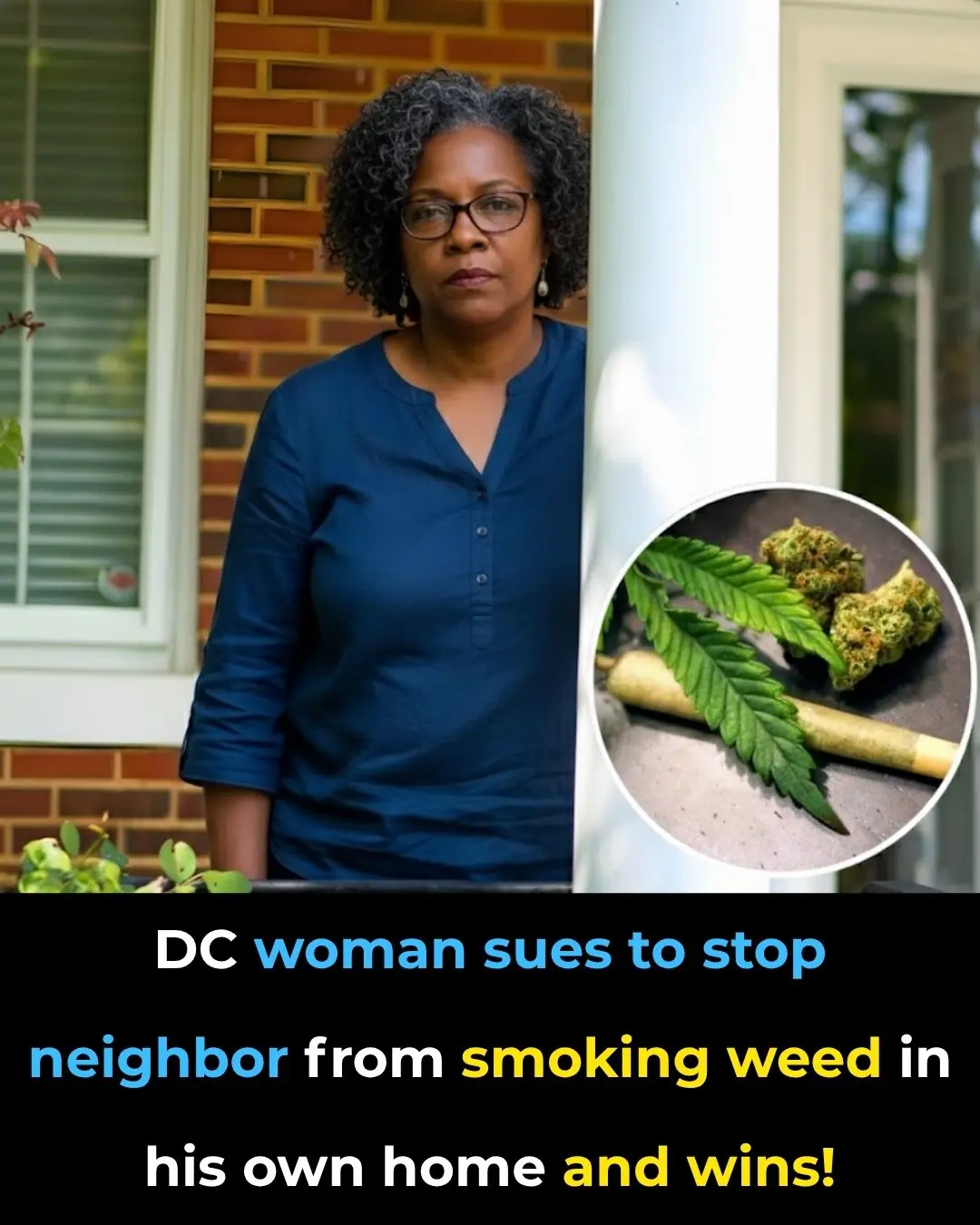
DC Woman Wins Landmark Case After Suing Neighbor Over Overpowering Weed Smell

Bill Gates–Backed Beyond Meat Faces Collapse After Massive Stock Drop

According To This Psychologist, A Dirty Car Can Reveal A Lot About Your Personality
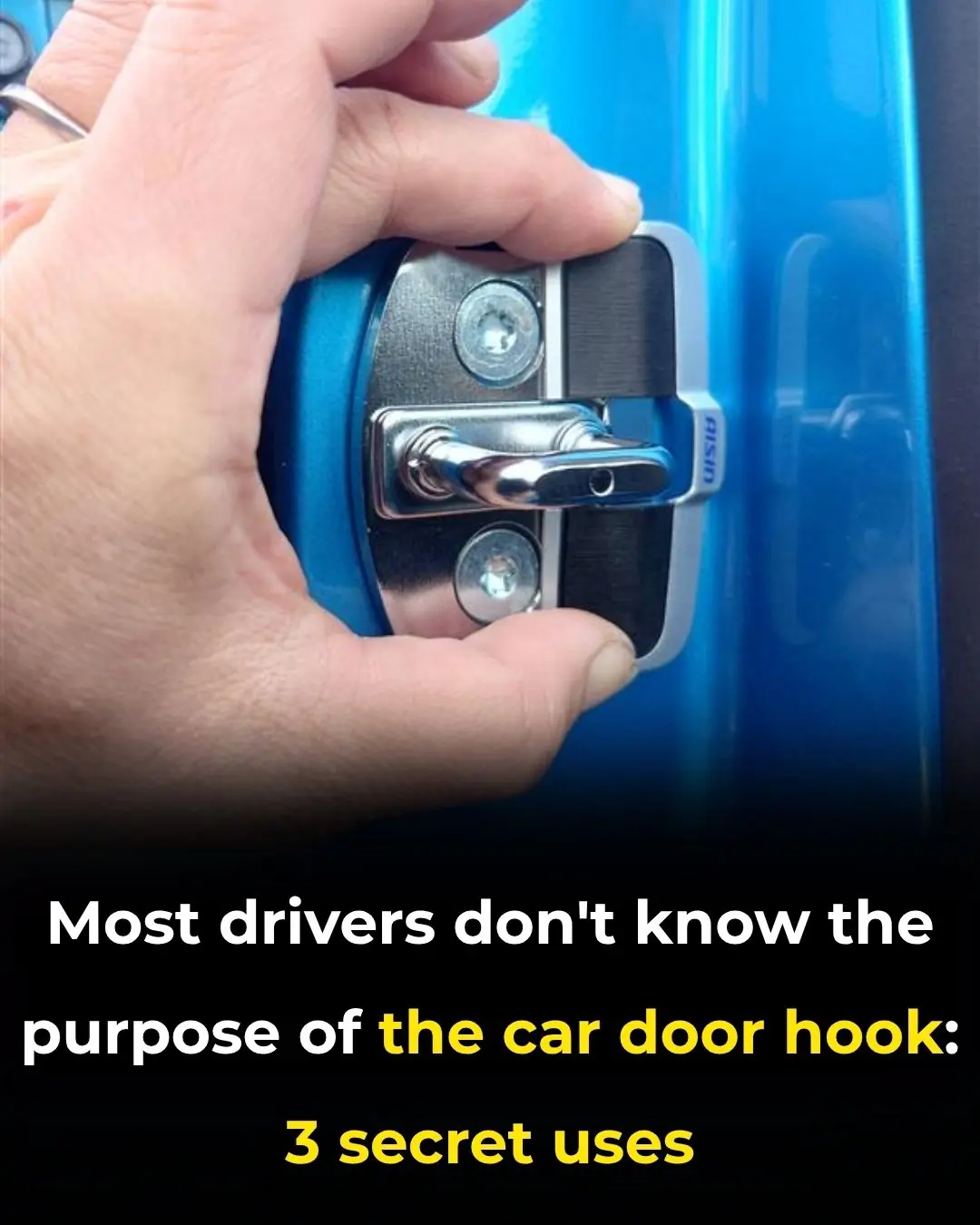
Most drivers don't know the purpose of the car door hook
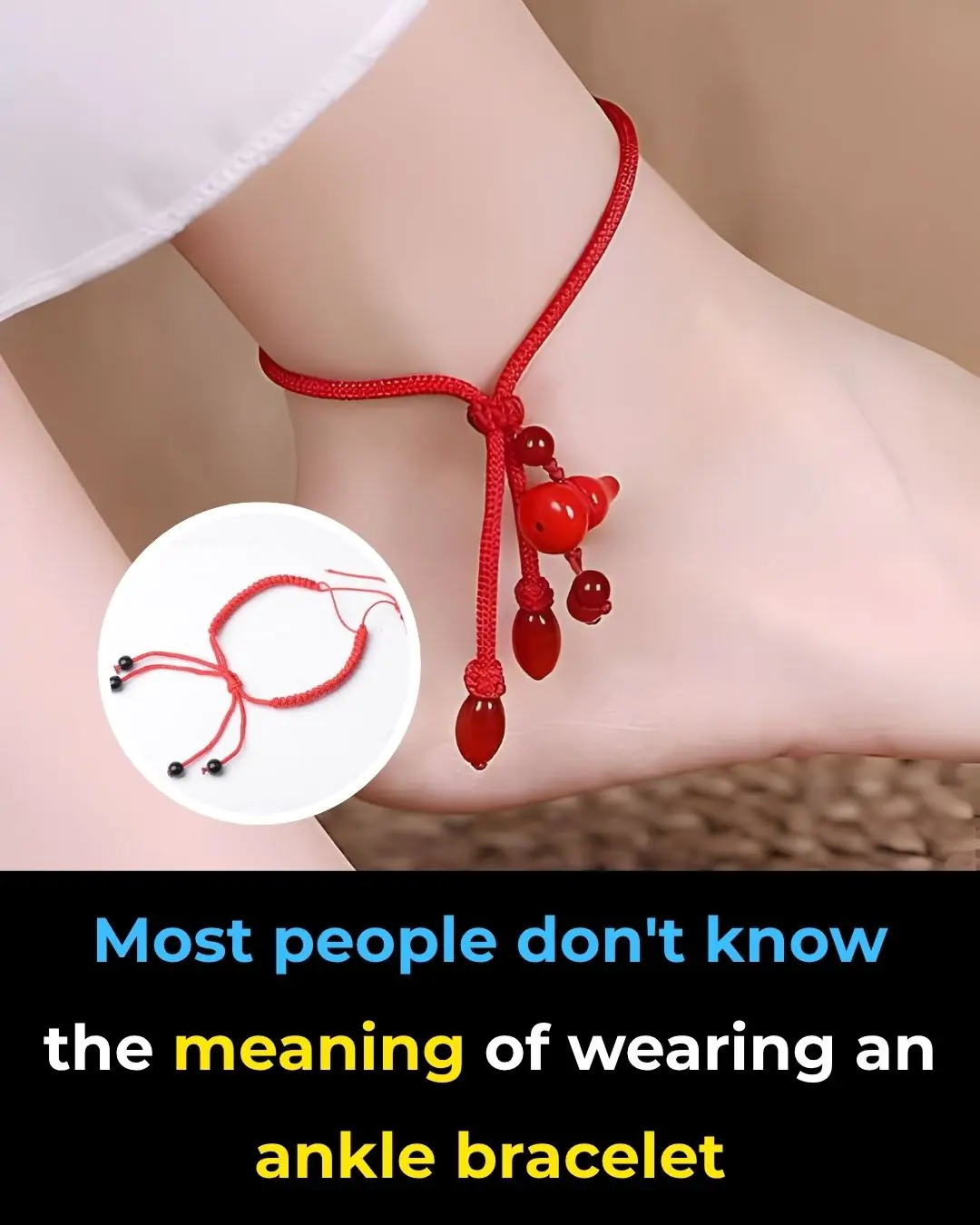
Most people don't know the meaning of wearing an ankle bracelet

What Clutter and Neglect Might Be Saying
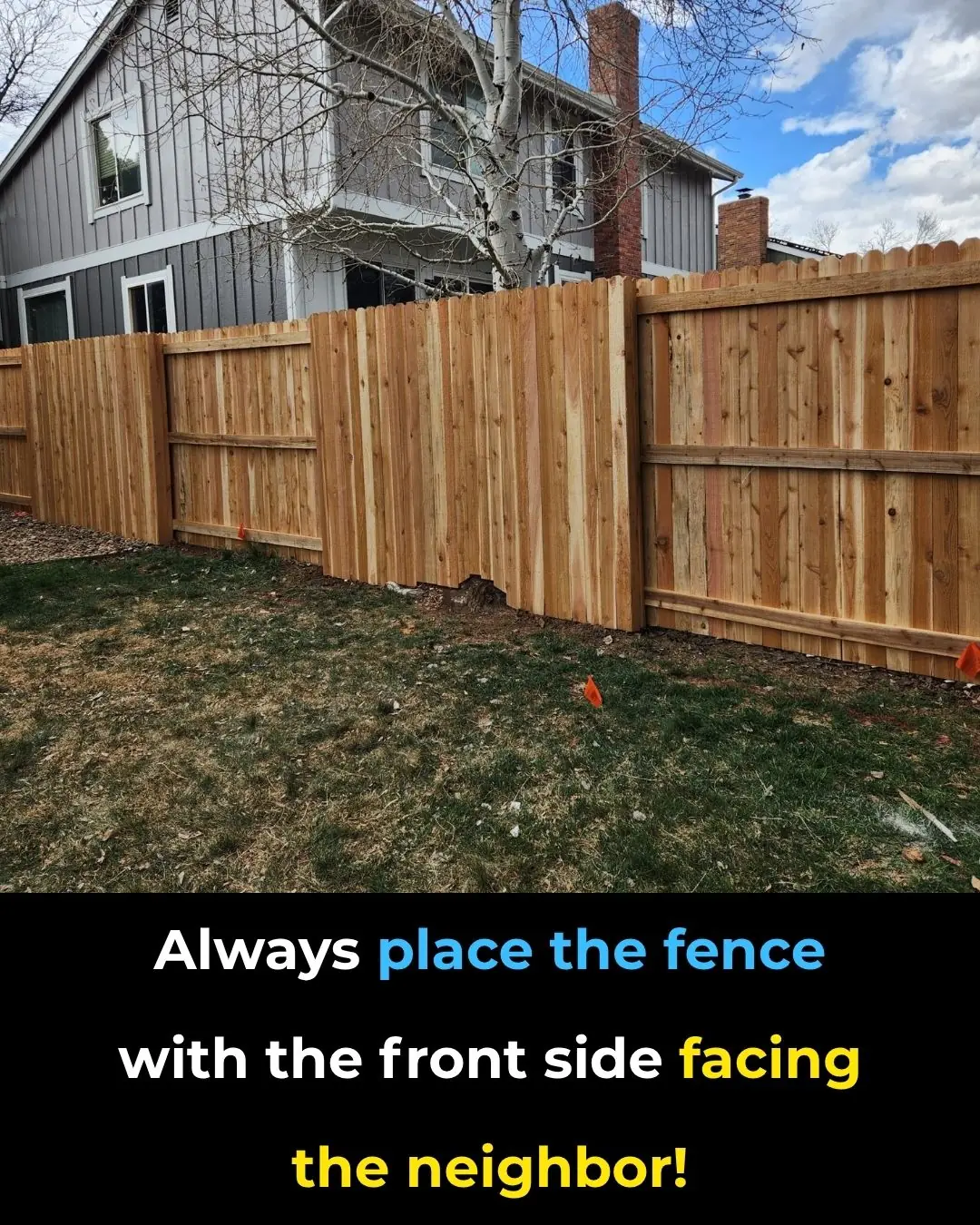
Why the “Good Side” of Your Fence Should Face Your Neighbor
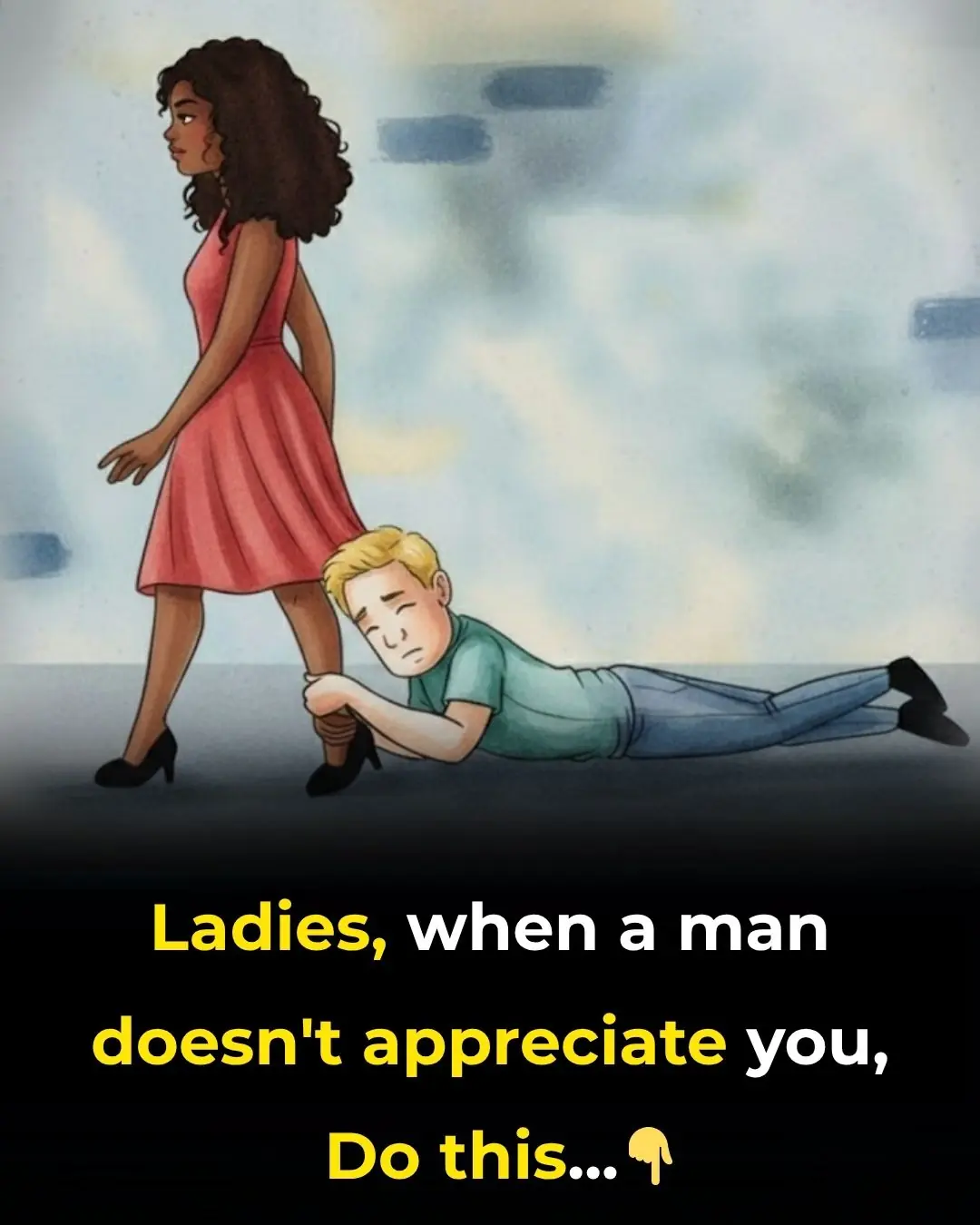
If a Man Doesn’t Appreciate You, Here’s What You Should Do

Baba Vanga’s List Of Predictions For The Next 75 Years Revealed And They’re Seriously Terrifying
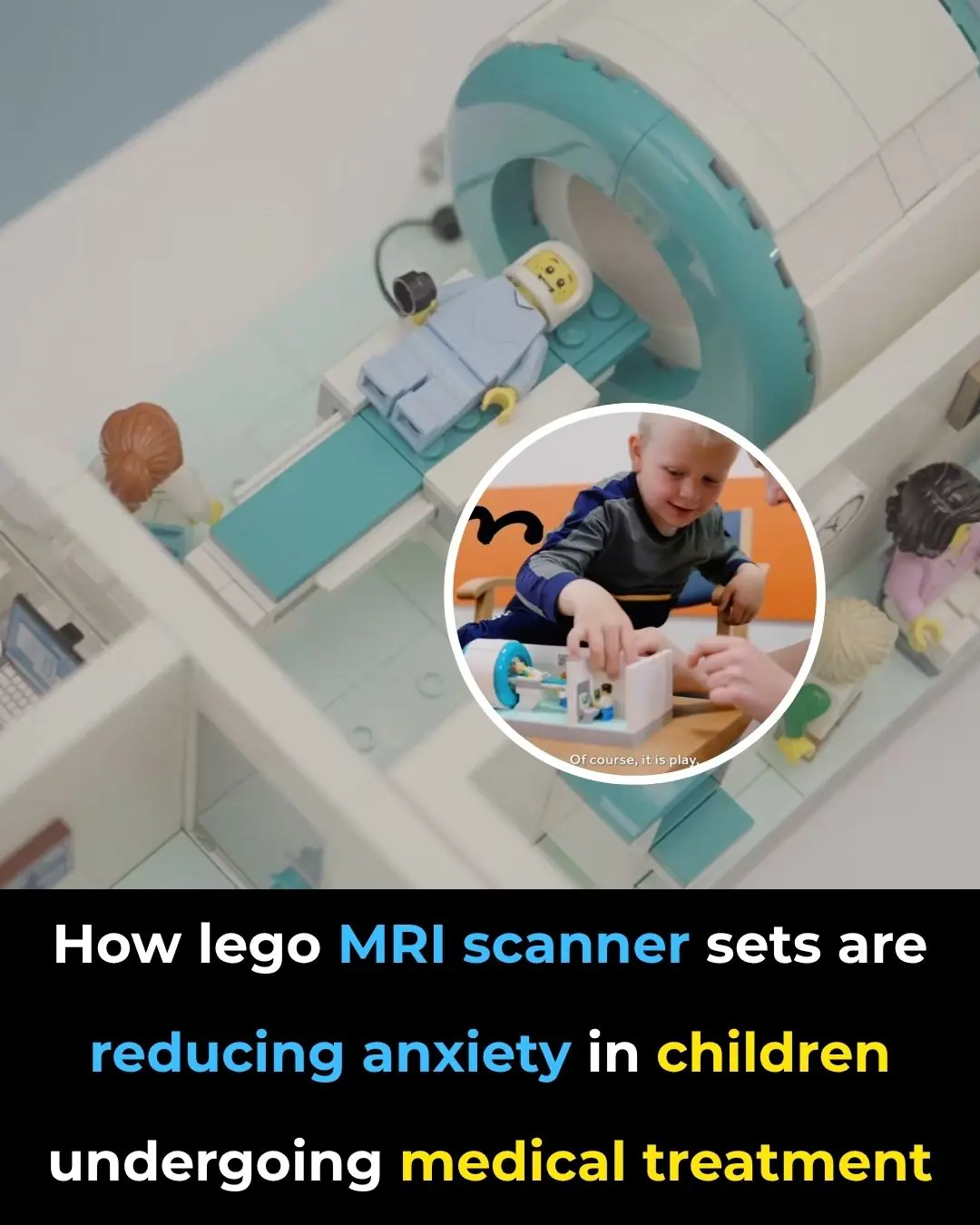
LEGO Builds Confidence in Young Patients Facing MRI Scans

Sweden Becomes the First Nation to Turn Travel Into Medicine — Doctors Can Now ‘Prescribe’ a Trip for Wellness

What Does It Mean When the Departed Visit Our Dreams?
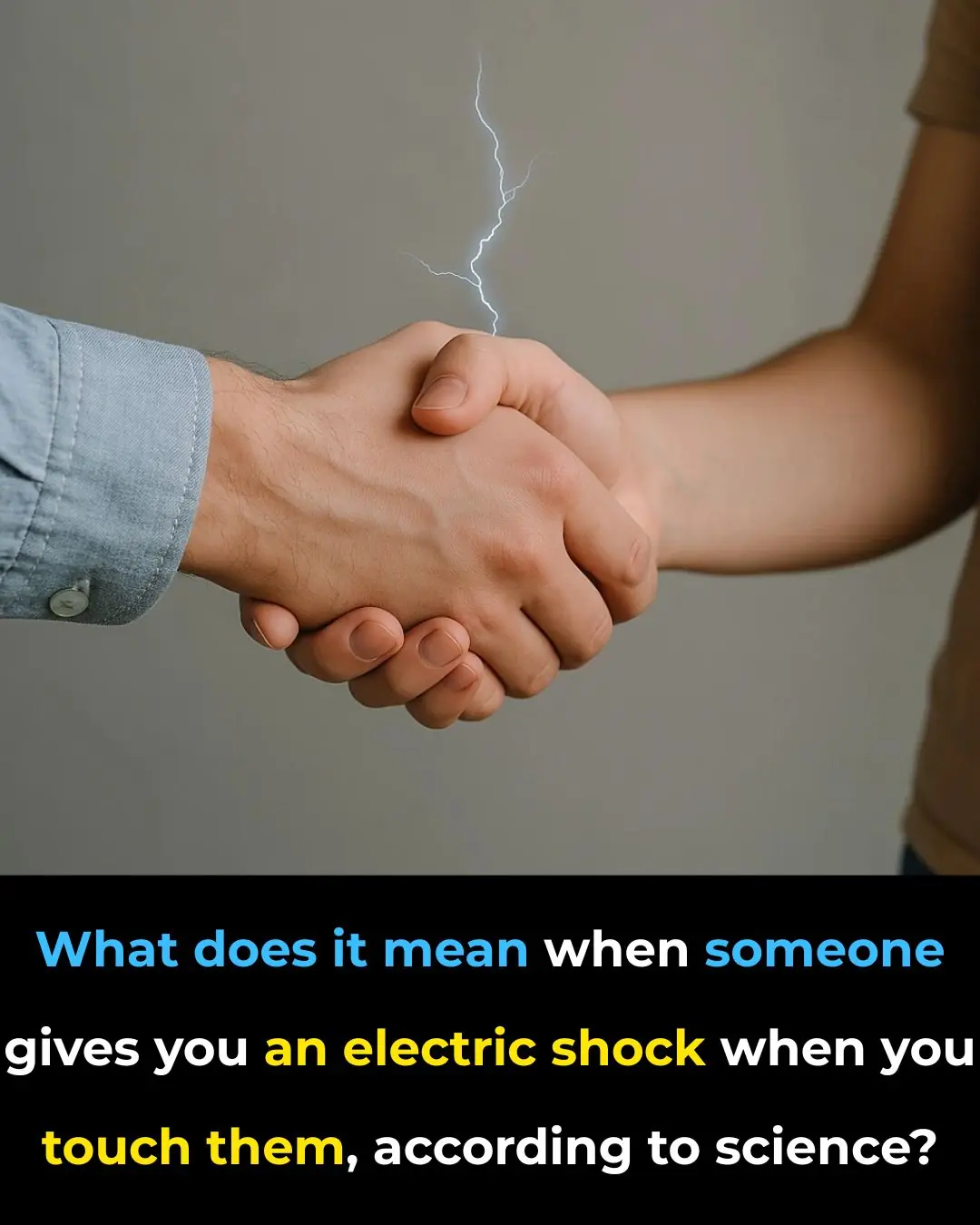
Why We Feel That Little Electric Sh0ck When We Touch Another Person—Science Explains

If a Man Doesn’t Appreciate You, Here’s What You Should Do

When a woman stops loving a man, she begins…

5 hygiene mistakes that many people make... but no one dares to talk about...
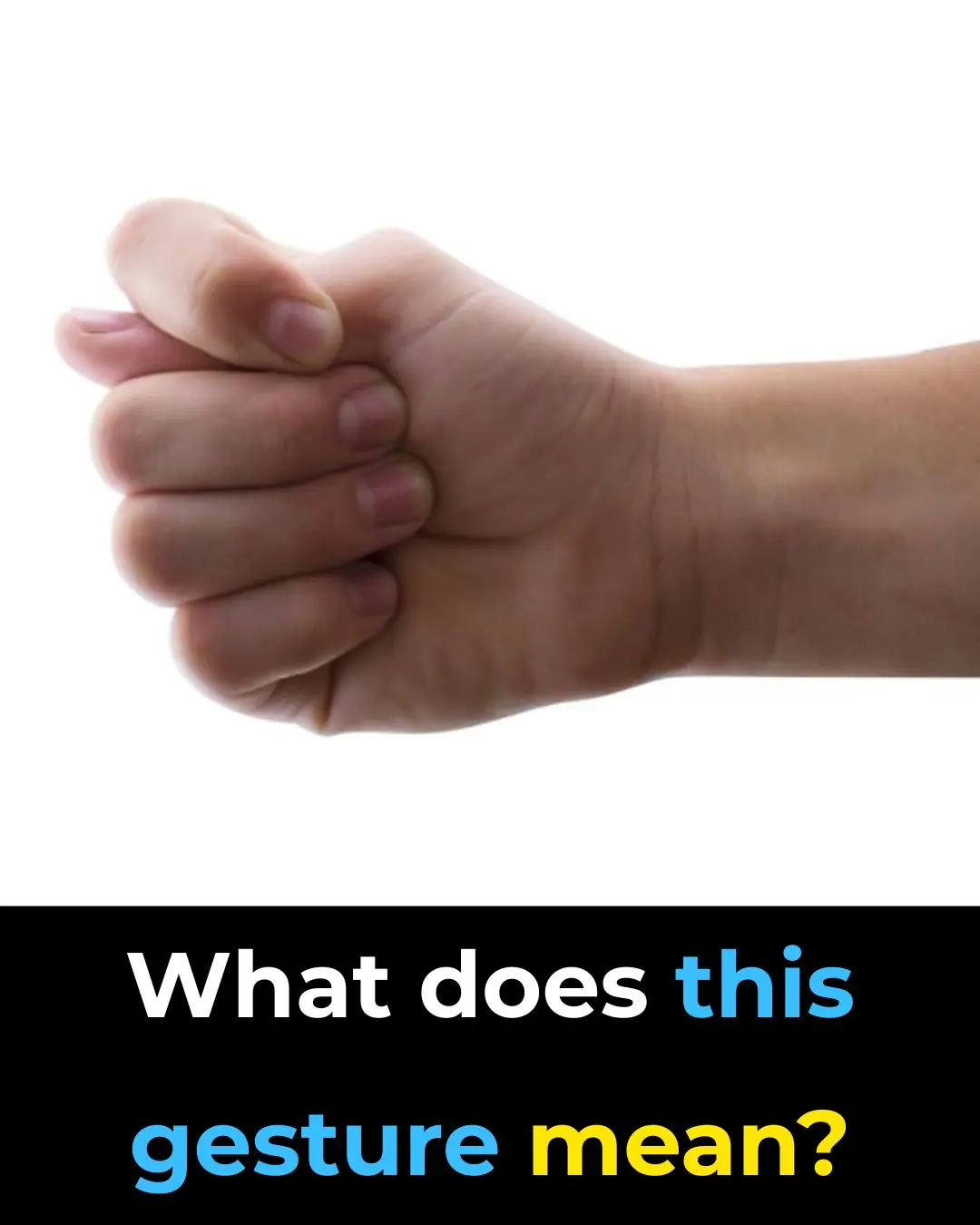
What does this gesture mean?
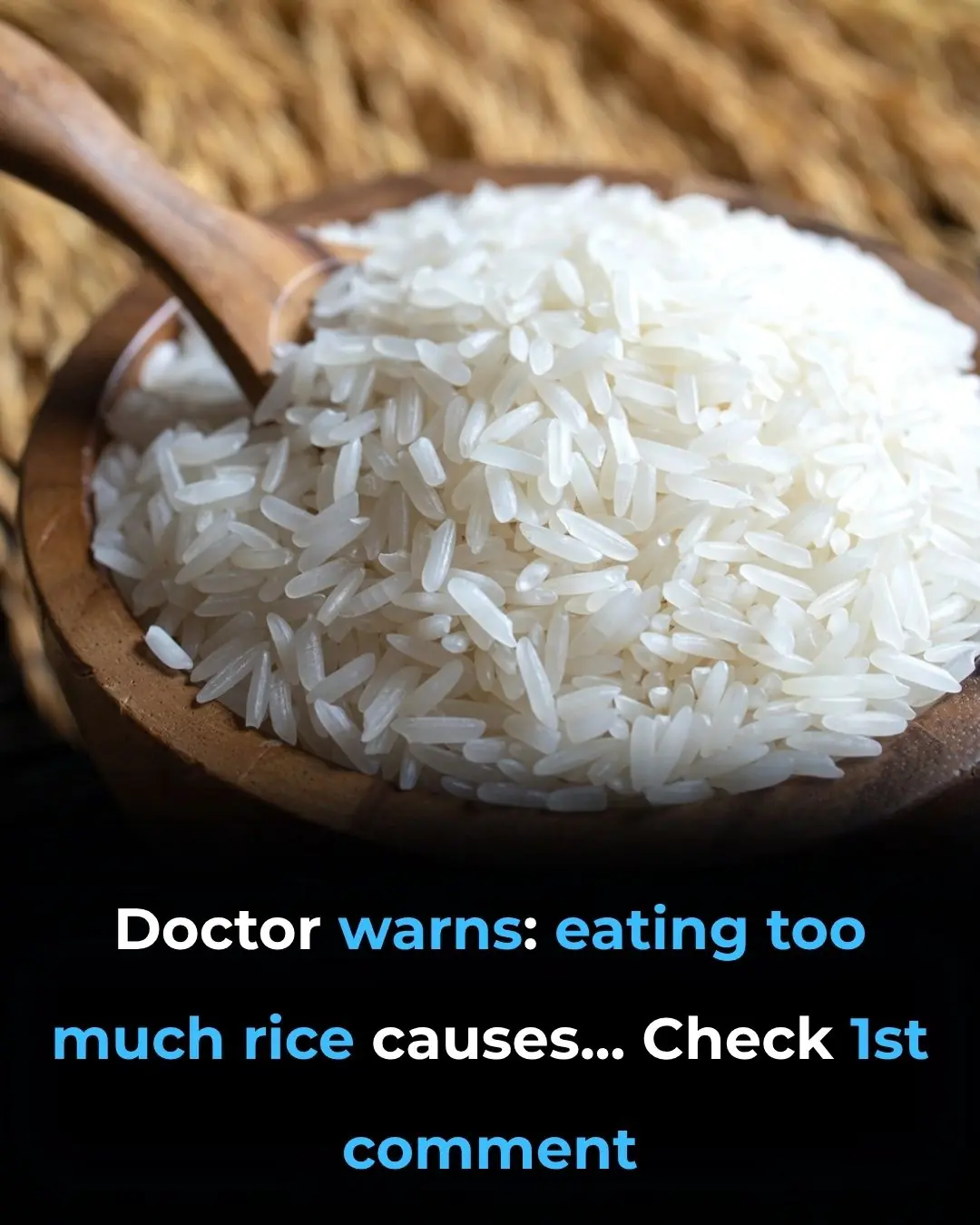
Is Too Much Rice Harming Your Health
News Post

Truth behind K Pop star's bizarre $4.5 quadrillion 'lawsuit' making her richer than Elon Musk
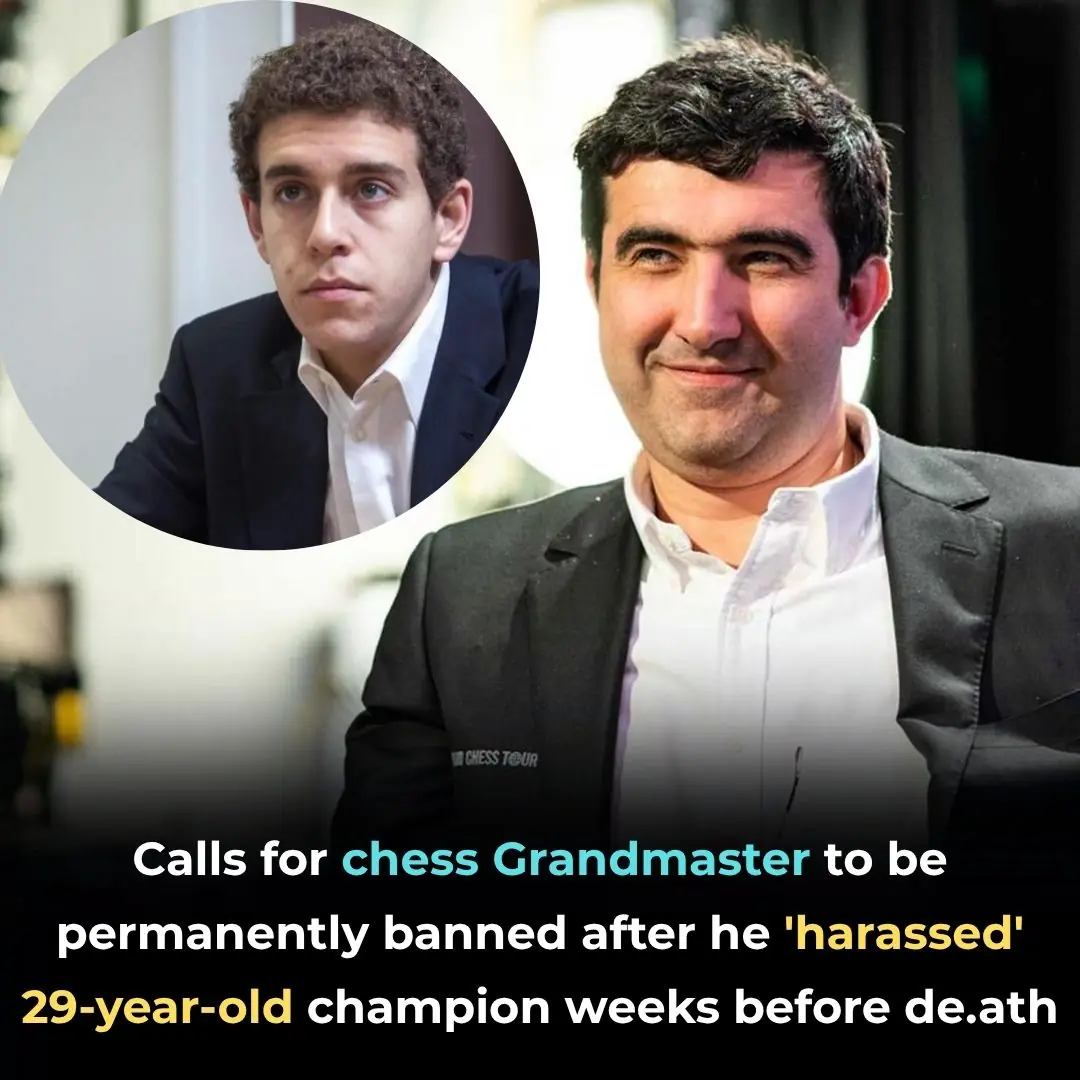
Calls for chess Grandmaster to be permanently banned after he 'harassed' 29-year-old champion weeks before death

American Beautyberry (Callicarpa americana): Benefits and How to Use It

Holding Cloves in Your Mouth: A Natural Way to Relieve Toothache

Everybody Hates Stinging Nettle, But Most People Don’t Know the Power of Its Root
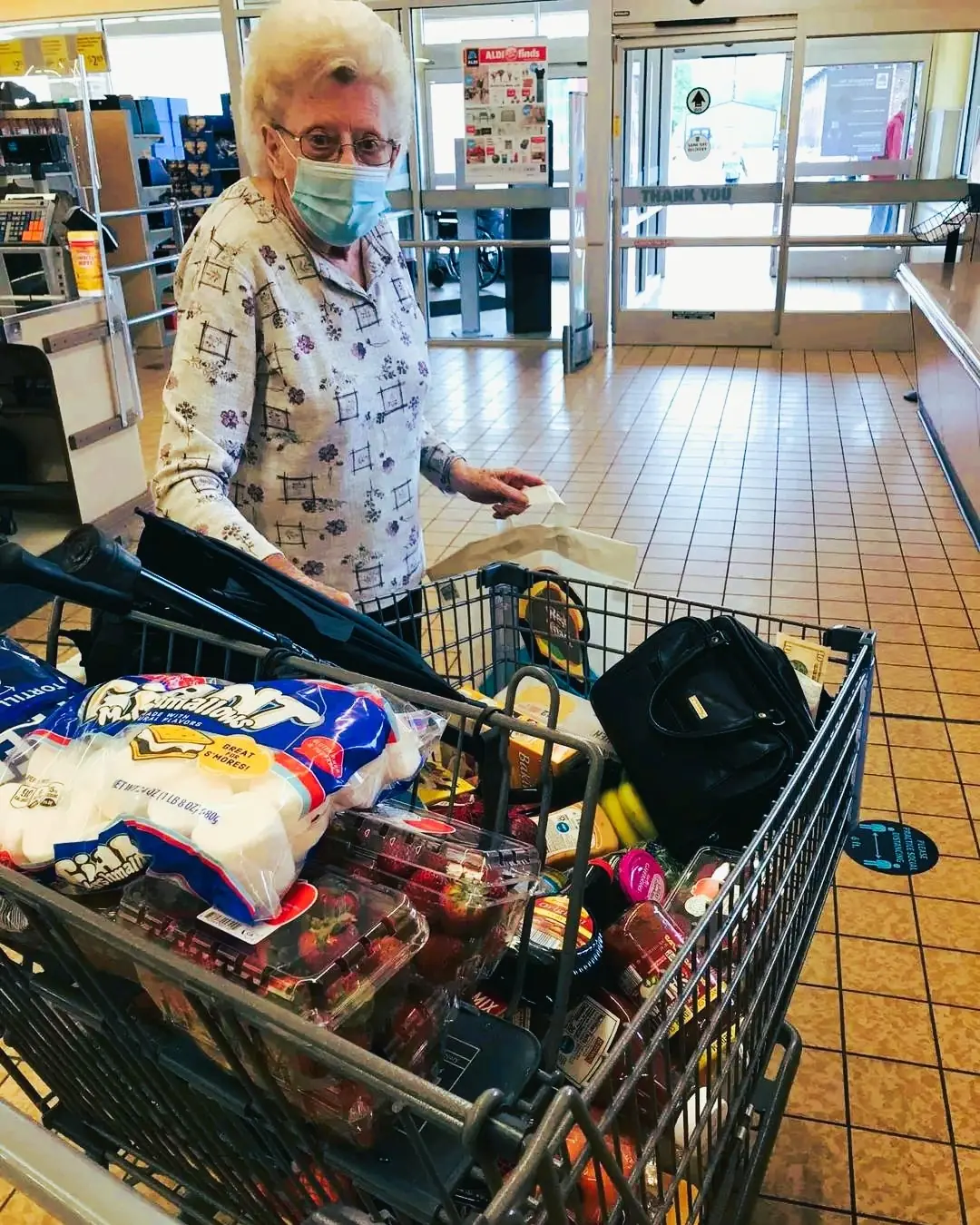
A Grocery Store Encounter That Turned Into Something More
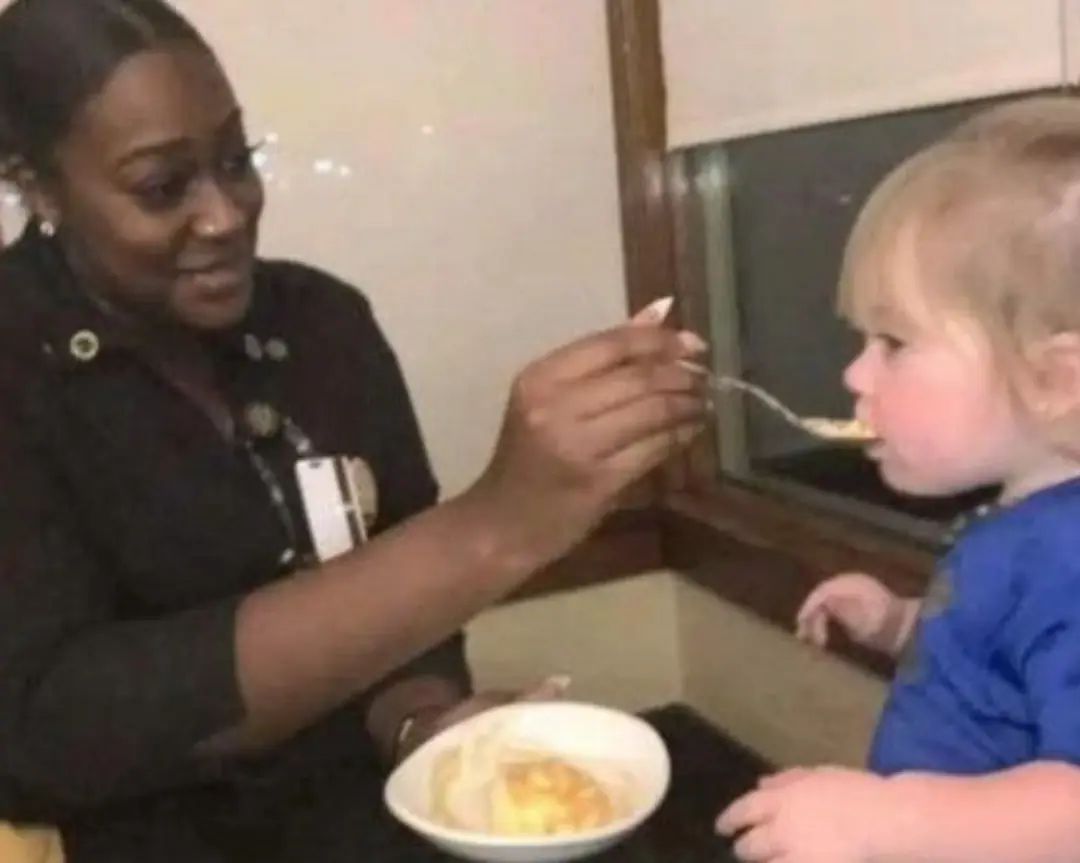
A Waitress Said “No” — And Changed a Mother’s Night Completely
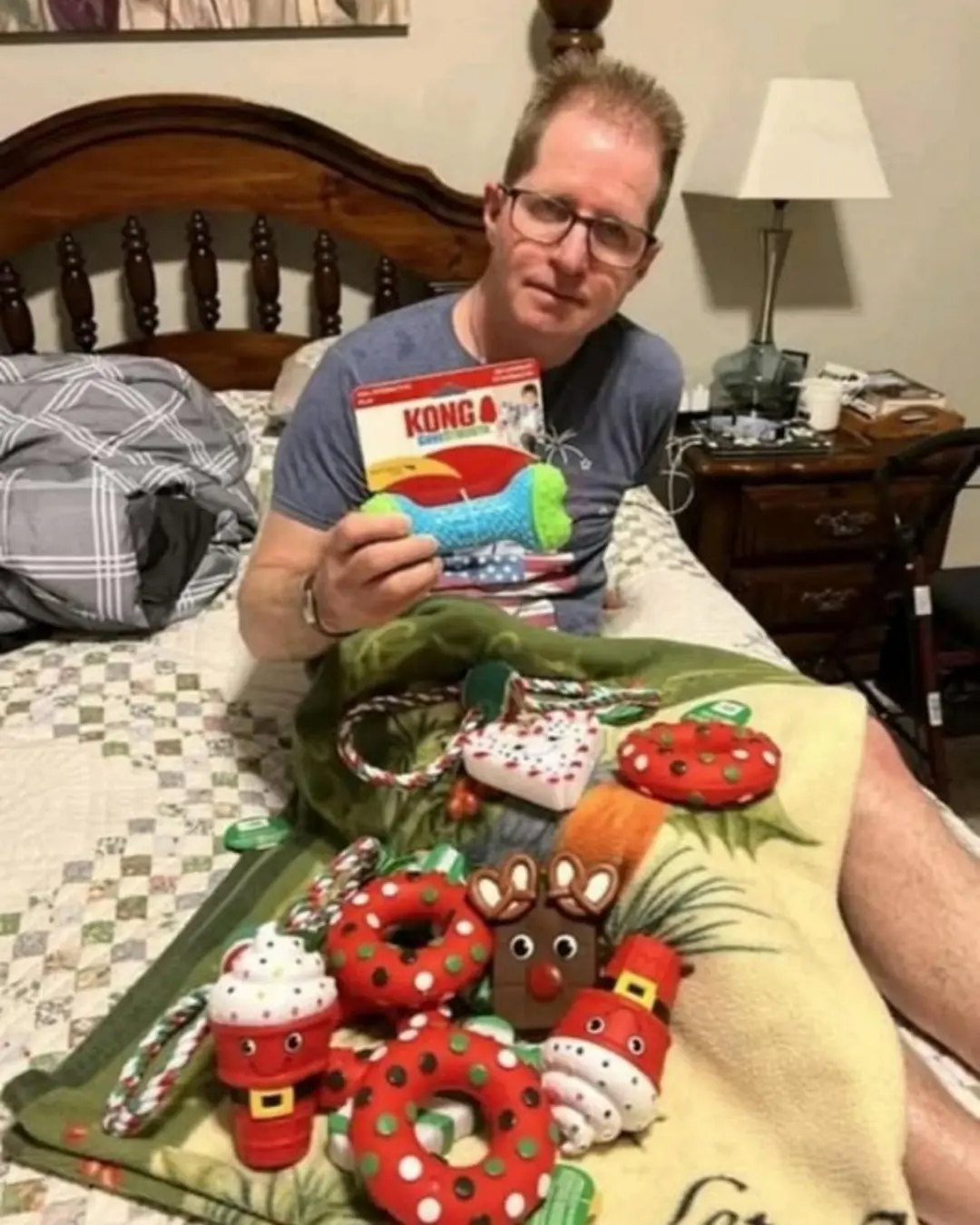
The Secret Santa Who Gives All Year Long — And the Ripple of Kindness He Started
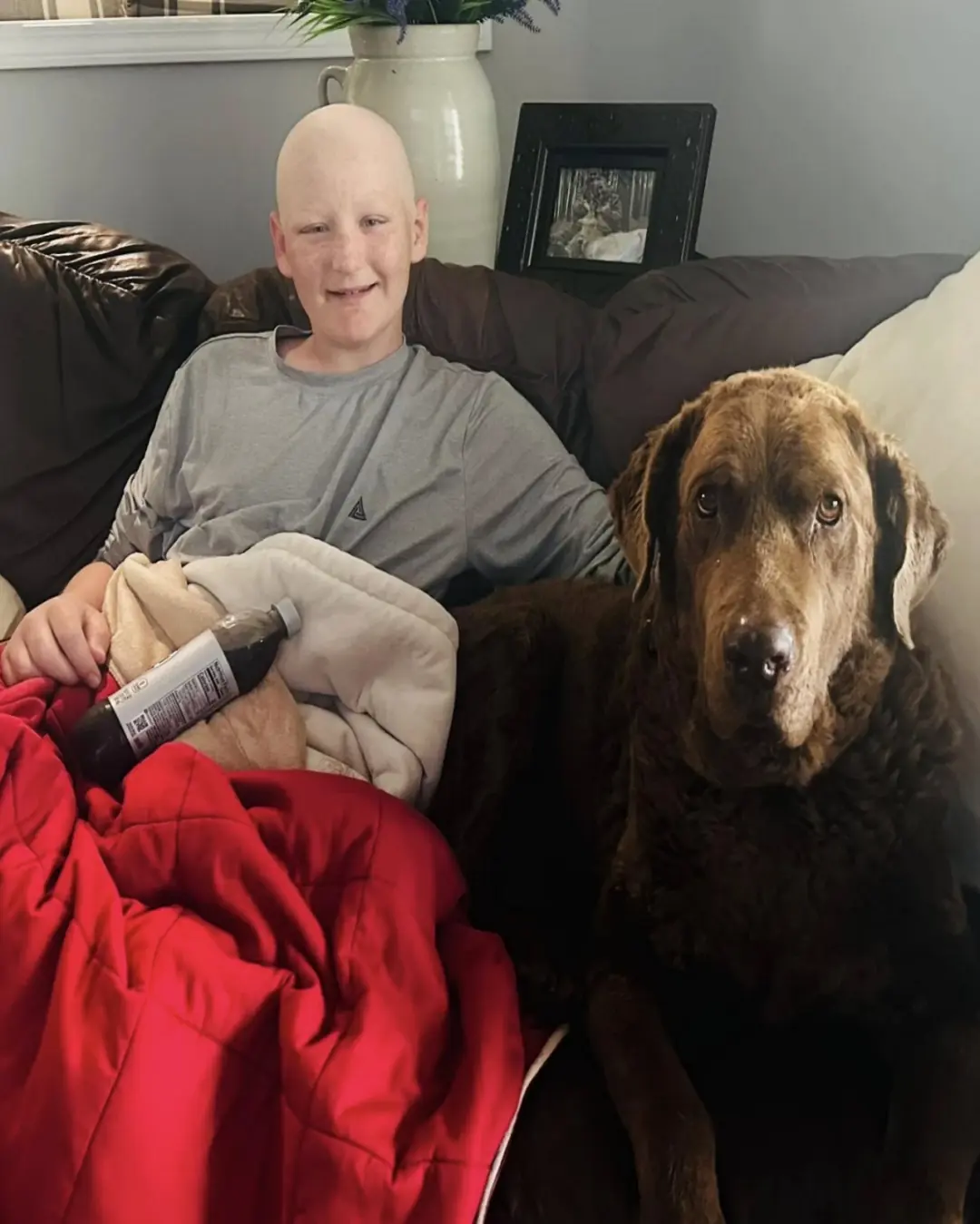
Will’s Best Sunday Ever: A Brave Teen’s Return Home

A Single Gesture That United a Crowd in Emotion
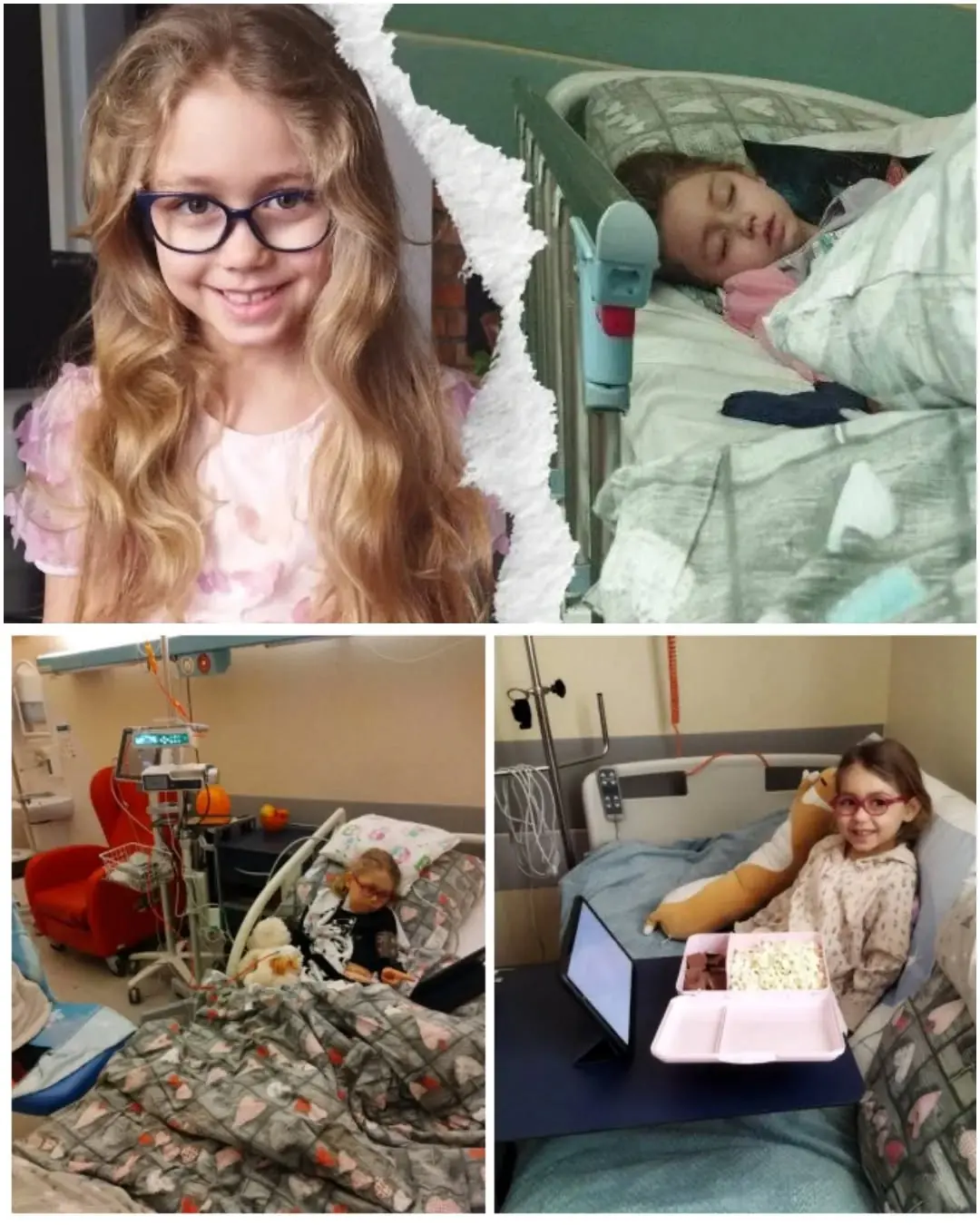
Agatka’s Fight: A Little Girl’s Battle With Severe Aplastic Anemia

Laika’s Last Journey: The Little Dog Who Touched the Stars

The Long Road Home: Max’s Journey Back to Love.

A Small Act of Kindness in Athens.

From the Cold Rain to a Warm Home.

Wild Elephant Chases Tourists in Bandipur Forest: One Injured in Close Call
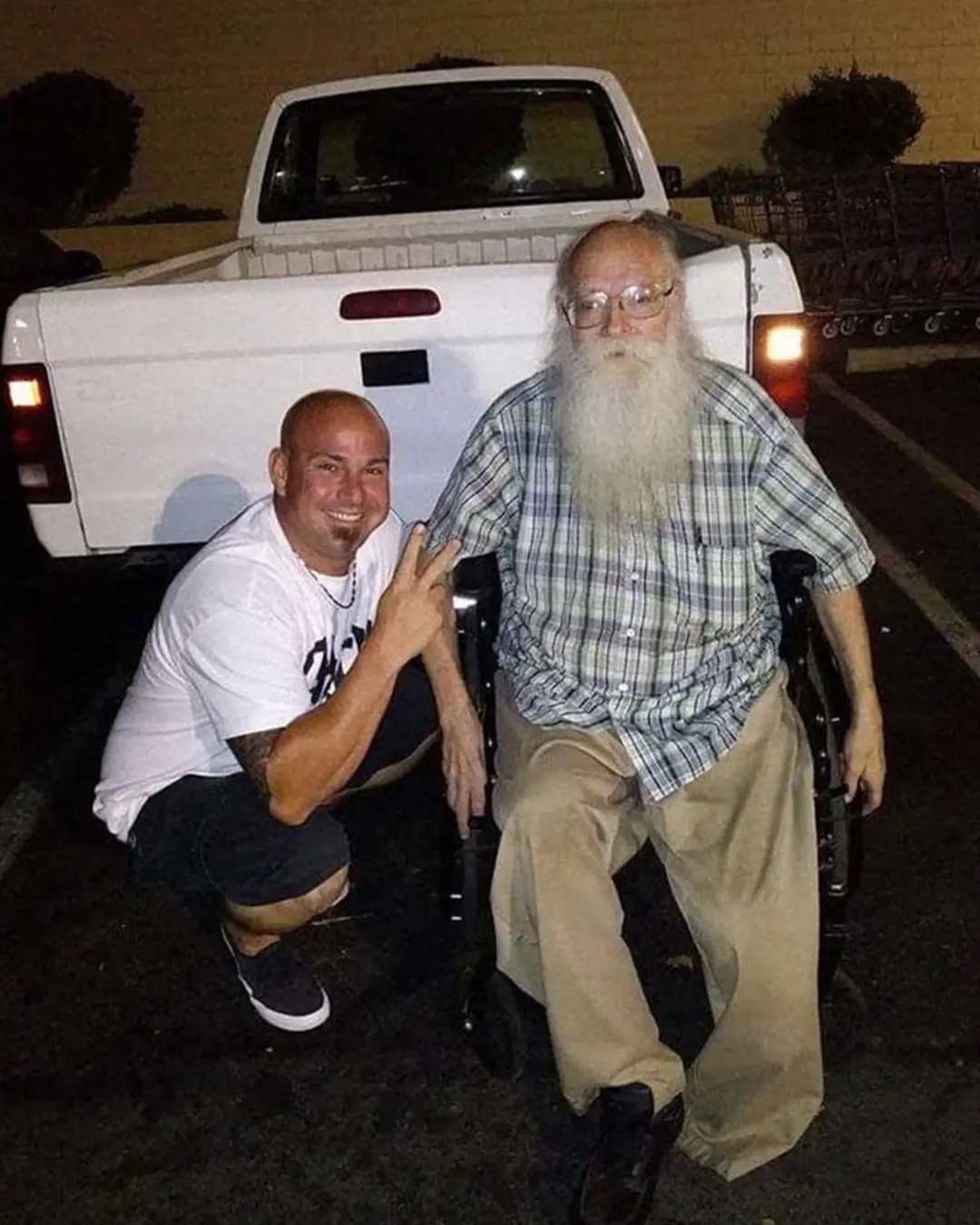
A Ride Home, A Lesson in Humanity.
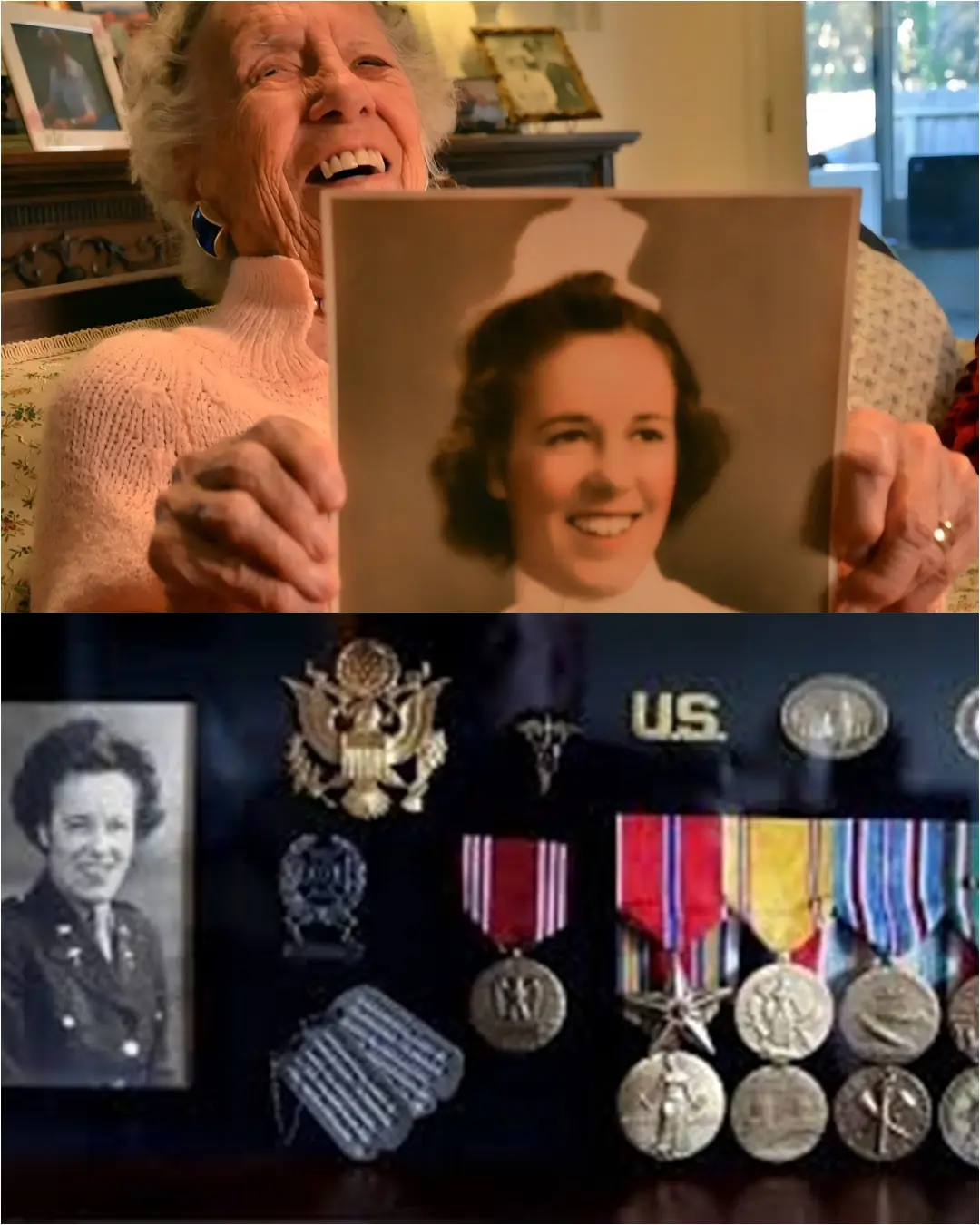
What a Hero: The Unyielding Spirit of Josephine Margaret Pescatore.
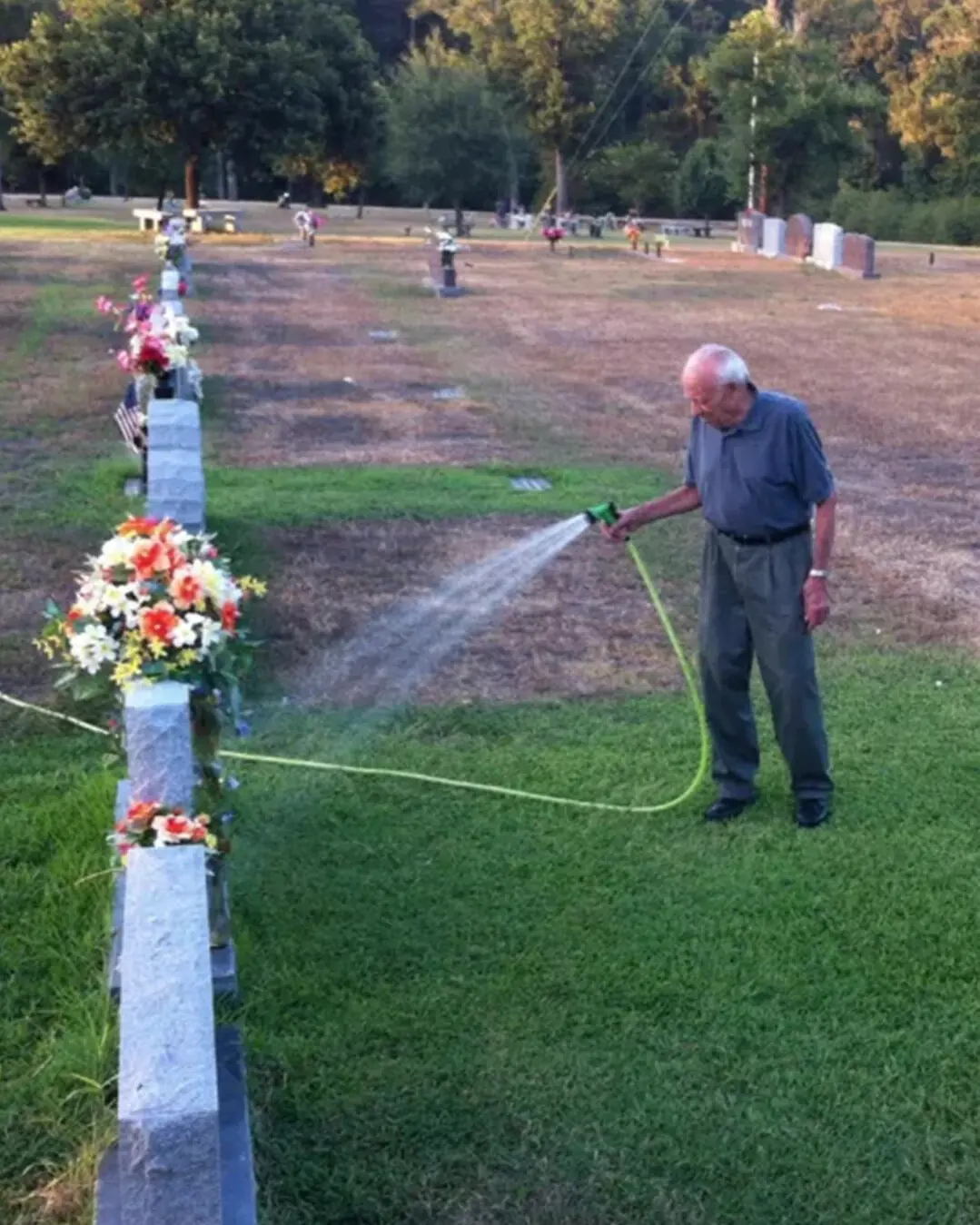
Jake’s Roses of Love and Respect.
